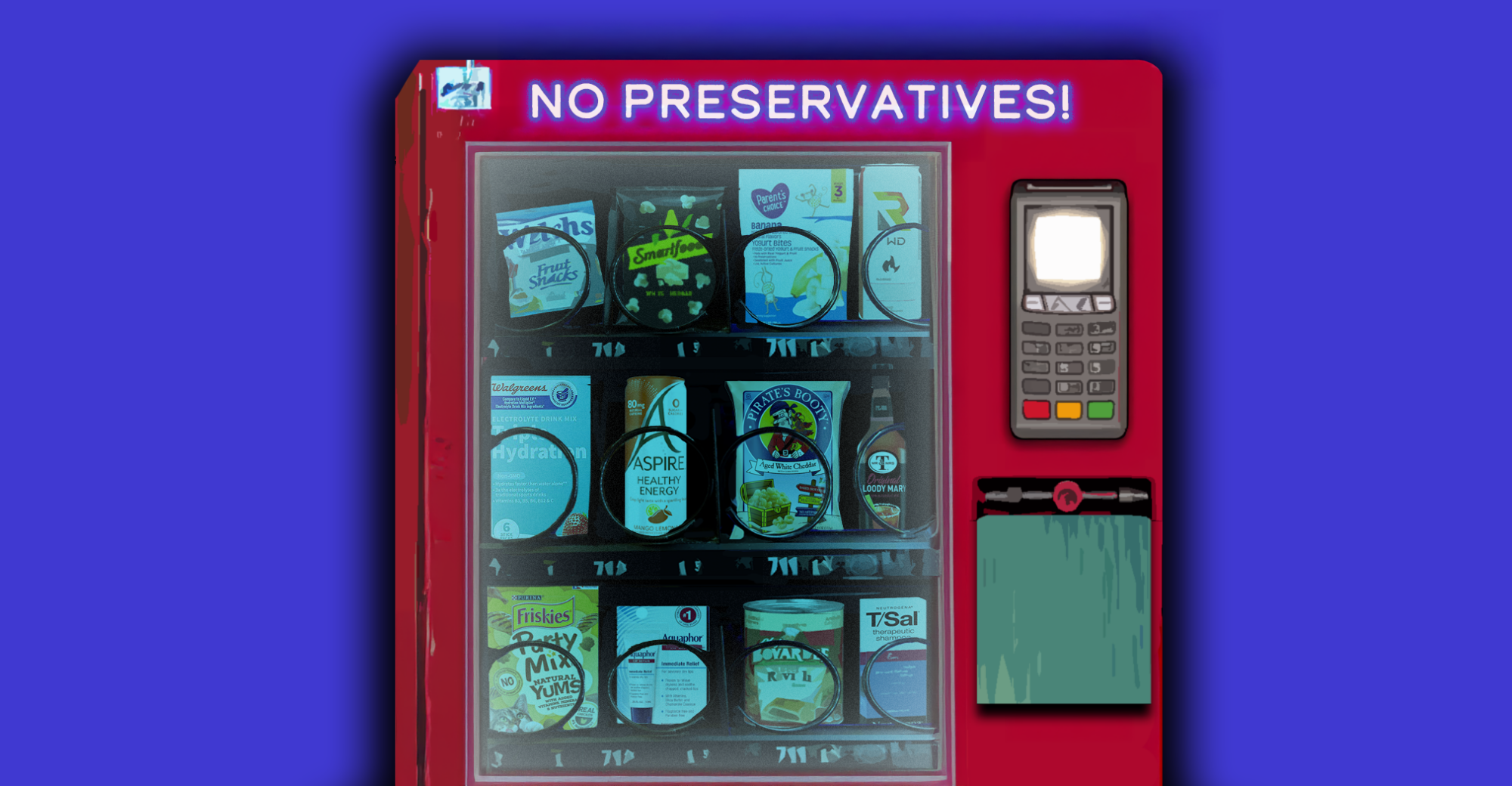
CATrends: Deceptive ‘Plant-Based’ Claims
A deceptive marketing trend takes root.
Some class-action settlements that left consumers behind.
It’s not always the case that a class-action settlement resolving allegations of false advertising or deceptive marketing results in what’s best for consumers. Here are some of those that left consumers (or class members as they are known in litigation) out in the cold this year.
In July, a California district court denied final approval of a settlement in which Elixir Cosmetics had agreed to make marketing changes to resolve a class-action lawsuit alleging it fails to disclose potential side effects associated with an ingredient in its Babe Lash and Babe Brow products. The court’s decision came after two class members objected to the settlement, arguing, among other things, that the proposed new warnings on outer packaging regarding isopropyl cloprostenate (ICP), a synthetic compound that is a popular ingredient in eyelash serums like Babe Lash Essential Serum, fail to reveal a number of potential side effects including iris discoloration (eye color change) and permanent dark circles. Given that the typical product at issue in the case costs nearly $50, they also took issue with monetary relief of up to $25 per class member without a receipt, and the fact that under the settlement Elixir is allowed to continue using ICP, which, the initial complaint alleged, Elixir is using illegally because it doesn’t have FDA approval.
The California court found that the proposed new warnings were insufficient. It also noted that no independent party was involved in negotiating the agreement. After the court denied final approval, the parties amended the settlement to require the disclosure of additional potential side effects reported by users including “temporary darkening of the skin at or around the lash eye.” However, the new language adds: “It is not known whether Babe Lash Essential Serum or some other factor caused the reported temporary reactions.” A final approval hearing is scheduled for January 2025.
Over class members’ objections, a district court approved a settlement reached in a data privacy lawsuit against Google. Under the terms of the settlement, the majority of a $62 million settlement fund would go to third-party interest groups as cy pres awards as opposed to the nearly 250 million mobile device users whose location data Google allegedly collected despite users disabling “location history” on their devices. (Plaintiffs’ attorneys would also pocket almost $19 million.) The court’s approval decision was then appealed to the Ninth Circuit, where attorneys general from 20 states filed an amici curiae – or “friend of the court” – brief opposing the terms of a settlement and urging the court to vacate the agreement. In supporting the objecting class members, the AGs argued that the monetary relief should not be going to third parties, many of whom, including the American Civil Liberties Union, Free Press and The Information Society Project at Yale, support causes “wholly unrelated” to data privacy concerns. The class members’ appeal is pending.
Neutrogena and Aveeno Spray Sunscreens
In July 2021, Johnson & Johnson recalled four Neutrogena spray sunscreens and one Aveeno spray after it said internal testing identified low levels of benzene in the sunscreens. That sparked a flurry of lawsuits against Johnson & Johnson alleging the company failed to disclose that the sunscreens contain the carcinogen. Those lawsuits then resulted in a settlement that was approved by a district court in Florida last year, despite a class member’s objection to the agreement, which awarded $2.6 million to class counsel while only providing class members with coupons for Neutrogena and Aveeno products instead of cash reimbursement. As the objecting class member explained, coupon settlements like this one contain many flaws, including that “they often do not provide meaningful compensation to class members; they often fail to disgorge ill-gotten gains from the defendant; and they often require class members to do future business with the defendant in order to receive compensation.” (In addition to the issues flagged in the objection, the settlement also requires supplier testing for the presence of benzene for a period of only two years.) On appeal this year, the Eleventh Circuit Court of Appeals vacated the lower court’s order and remanded the case to the district court.
Over the objections of dozens of class members, a superior court in New Jersey in April granted final approval of a settlement that ends a lawsuit filed against Verizon for allegedly failing to include an administrative fee (which increased over time and reached $3.30 per month) in advertised monthly rates, and misrepresenting the charge as a tax or fee the government imposes on Verizon. Several class members accused class counsel of breaching its “fiduciary duty to the class” by forum shopping and filing the lawsuit in New Jersey, where it could request a third of the $100 million settlement fund in attorneys’ fees instead of in California, where similar lawsuits were filed but attorneys could only seek up to 25 percent of the settlement fund. This means the plaintiffs’ attorneys received more than $33 million while class members were each only eligible to receive $15, plus $1 for each month they were charged the administrative fee up to $100 no matter how many times they were charged the undisclosed fee since Jan. 1, 2016 (and if too many class members file claims for reimbursements and there’s not enough money in the pot for everyone, class members’ payments – not attorneys’ payments – were to be reduced on a pro rata basis).
In addition, the settlement only requires Verizon to include three sentences about the administrative charge in its dense, eight-page customer agreement, stating in part that the fee “isn’t a tax, it isn’t required by law, is not necessarily related to anything the government does, and it is kept by us in whole or in part.” In other words, Verizon is still going to impose the administrative charge, as the company informed class members in an email about the settlement, and there’s nothing in the agreement that requires Verizon to include the charge in its advertised rates.
—
Note: The above content is meant to be illustrative of the types of flaws TINA.org has seen in settlements reached in false advertising class-action lawsuits this year. It is not intended to provide an exhaustive list of the issues present in the settlement agreements described above. (Certainly, other issues exist.)
Find more of our coverage on class-action lawsuits here.
A deceptive marketing trend takes root.
Class-action lawsuits target preservative-free claims.
What consumers should know about software tethering.


